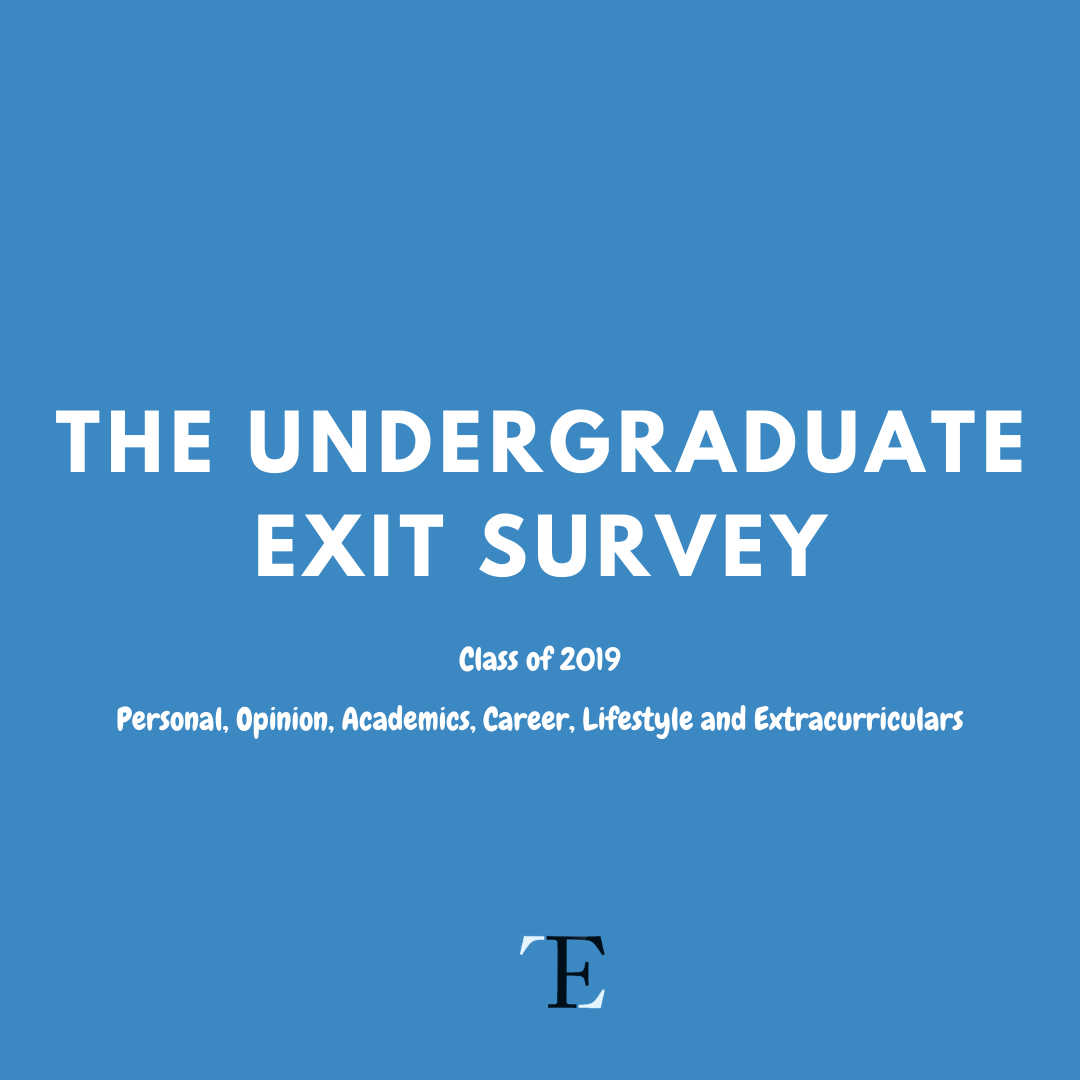Design: Hardhik Pinjala
Editor: Siddharth D P
With the placement season right around the corner, it is imperative that students sitting for placements in this unusual ‘normal’ have an idea of what they’re about to face when they sit for interviews. The placement season in the past years usually started at the stroke of midnight on 1st of December, but this year, it will start later in the normal 1.1 slot at 7 AM.
There has been an increase in the number of undergraduate students registering for institute placements. This can be attributable to students who had deferred their placements the previous year[1] and a few students whose offers had been rescinded due to the pandemic.
There are about 770 undergraduate students in total, with almost half of them being B.Tech and Dual Degree students sitting for placements this time. Among the postgraduate students, M. Tech constitutes the majority amounting to about 350 odd students. The remaining students comprise of those pursuing MSc, MS, PhD, and MA and MBA from the Humanities and Management Studies departments respectively.
The profile numbers and the current situation
From the recruiters’ perspective, there have been around 80+ new profiles that have been added. Business and analytics profiles have taken a hit, with supply chains too placing restraints on the number of offers. The placement team is working to open up more profiles in startups. There have been some companies who have registered for the first time solely because the recruitment process is virtual. Some alumni have also suggested that given the virtual nature of the process, onboarding might be smoother.
The placement team is in touch with companies and is planning to keep registrations open till as late as 20th November. So, there is nothing to be worried about.
The Timeline
Companies have already registered in the placement portal and depending on the respective company’s recruitment process, have scheduled their PPTs and tests. The placement team is also ensuring that there is enough time for students to prepare for the interviews after the companies register.
Registration process begins in early August and PPTs go on for a month. Tests start by mid September (all of them online this time, due to the pandemic). Since there is no standard academic calendar this year, we are able to schedule placements well into November, which wasn’t possible in the previous years. Otherwise, the timeline is pretty much the same. Certain relaxations, like limiting the test timings till about 11 pm, have been made to account for the limitations of various students.
In order to ensure that the students are adequately prepared for the placement season, the Career Development Cell, for the first time, has got a company called Revidya to do HR mock interviews, mock GDs, and a series of mock aptitude tests, for free. The CDC also arranged for a company called Cantilever Labs which did technical interviews by a panel from the sector the student is interested in.
Some of the other initiatives by the CDC include a “Day in the Job” series, whose aim is to better understand various sectors itself, the work nature, the pros and cons, what it takes to get there and what next.
In addition to these, the programme also envisions to help students make a more educated choice with regards to their career. CDC also organized 2 sessions on Resume building. One was by a recent alumnus and the other was from a recruiter’s perspective.
What online tools might be used?
It is solely at the company’s discretion to use any video conferencing platform, may it be Zoom, WebEx, Google Meet, MS Teams or anything else out there. Plausibly, for profiles that require group discussions and team ideation, timed breakout rooms in Zoom might be employed or different channels in MS Teams. For coding profiles, short coding snippets could be asked to be written on some online platform with students share their screen or seeking suggestions for code to be written on the panellist’s screen.
The Walk-in Conundrum
Walk-in interviews are going to be logistically harder than usual, with no readily available interview links hovering around to be clicked. However, the placement team is working on convincing all the companies to opt for an extended shortlist. In the case a company wants to open walk-ins due to some reason, the placement team is prepared for that situation as well. The students will be intimated regarding the protocol to be followed for walk-ins and exact procedures will be announced to students in advance.
Overall, it’s a fairly straightforward process as it merely involves applicants handing over their resumes to the respective coordinator (which is further ameliorated in the current scenario, as candidates need not rush to booths to drop in their resumes), and the company does the rest.
The recruiters will reach out to the shortlisted candidates through the placement team and will schedule an interview.
What if something goes wrong?
Every candidate has been mapped to a placement team coordinator. They will be aware of the preferences as well as the priorities of each of the candidates. So if any student faces an issue, they are requested to reach out to their respective coordinators. In case that doesn’t happen due to some reason, you can contact your department placement core. All measures are being taken to ensure that all problems are resolved as smoothly as possible.
Another step the placement team is taking to minimise problems is to collect contact details of a family member or a friend of the candidates. This contact is required to be familiar with the preferences and whereabouts of the candidate at all times until the candidate gets placed.
They are requested to get in touch with the coordinator (or vice versa) in the case the candidate is unreachable. Irrespective of what goes wrong – may it be the shaky internet that decided to ditch you at the last minute or the microphone that suddenly becomes unresponsive – companies will be cognizant of the fact that everyone is at home and will generally be considerate towards the candidates, giving everyone a fair chance.
Final words for D-Day
Do’s
- All students are requested to attend the Pre-Placement Talks organised by the companies. Given the sheer number of companies, students might feel the need to skip multiple sector-overlapping companies. However, these PPTs would equip students with a company’s expectations, as well as help students gauge if they would be a good fit for the company. Not to forget that it gives an opportunity to interact with the people working there.
- With a completely virtual placement season, it is imperative that students have a conducive environment for interviews.
-
There are limits to a company’s considerations; a steady internet connection for the entire duration of the process and a room to oneself is extremely important. All hardware checks are to be done well in advance to ensure that the process goes smoothly.
- A common mistake that students sitting for placements generally tend to commit is the lack of preparation for the HR round. Mock interviews organized by CDC would certainly help students. In addition, reaching out to friends or seniors to help with HR questions would also help.
- The Bluebook should be your go-to guide for queries regarding any particular company and a collection of past experiences of students who had been in your shoes before.
- Be in constant touch with the placement coordinators who have been mapped to you. They will be your primary point of contact between the placement team and the companies.
-
Make sure you prioritise the companies you would like to apply for. This helps avoid a burn-out from taking too many tests and attending interviews. Since a student cannot sit for interviews once they get placed, it is of paramount importance that students prioritise companies within slots as well. Even though students are allowed to interview with multiple companies in the same slot, a typical interview runs for around 2-3 hours. If one doesn’t prioritise, they might miss the interviews for their preferred companies.
- Present yourself well and be confident on the day of the interview.
- Attend mock interviews and ensure to incorporate the feedback.
- Most importantly, in addition to the preparation, ensure that you eat properly, and take adequate amounts of rest.
Don’ts
-
- While malpractices have strict penalties imposed by the institute, companies reserve the discretion to proctor all placement tests and being caught in any acts of malpractice might warrant the company’s wrath. Even though the company might be trivial to you, it would not bode well for your state of mind and for the institute.
-
Ignoring mails from the placement teams through the Google group serves only to decrease your chances of receiving vital information. This is the only way the placement team can gauge students’ problems and take the requisite action.
- Do not try to talk to the company representatives directly. Kindly respect the boundaries of the company. Not only is it restricted by rules, by not doing so you risk ruining the chances of yours and other candidates getting selected.
-
Do not harass or talk rudely to the placement team coordinators. They are working in good faith and it is a kind request that their effort be appreciated.
- There is no reason to panic at any stage; keep reaching out to your respective teams if you encounter any hassle, and they will be glad to help you out.
[1] Final years who passed out the previous year can sit for placements the next year. Every final year has an option to defer their placements by a year.
We would like to thank the Placement Team and the Career Development Cell for their extensive inputs in curating this article.




